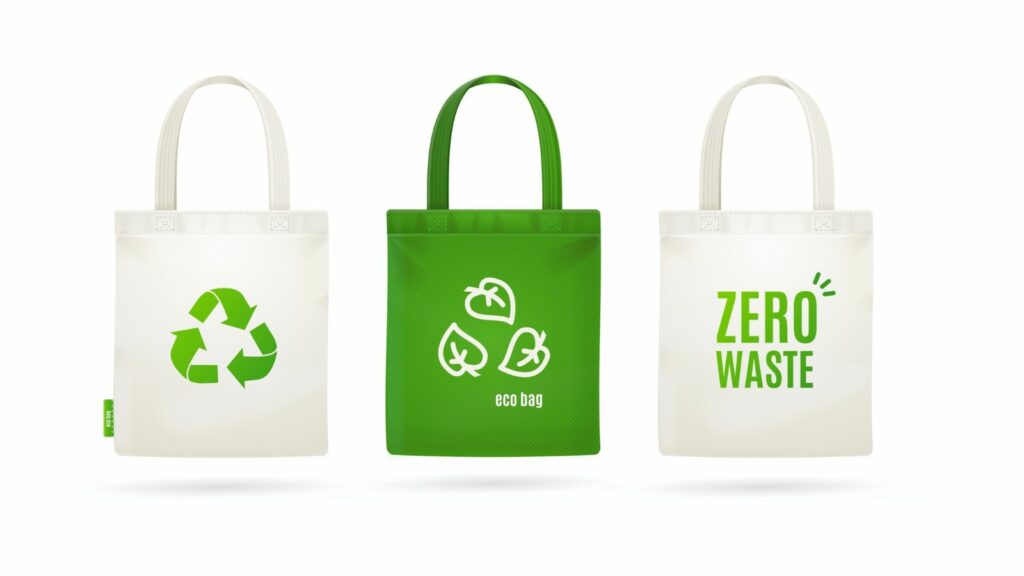Canadians have grown used to paying for things that once cost nothing at all. From everyday services to small conveniences, what was free a decade or two ago is now another line on the monthly budget. Companies, governments, and even local businesses have found ways to add fees or put up paywalls, and while the amounts may seem small, they add up fast, acting as a reminder of how quietly the cost of living can creep higher. Here are 25 things that used to be free in Canada but aren’t anymore:
Grocery Bags
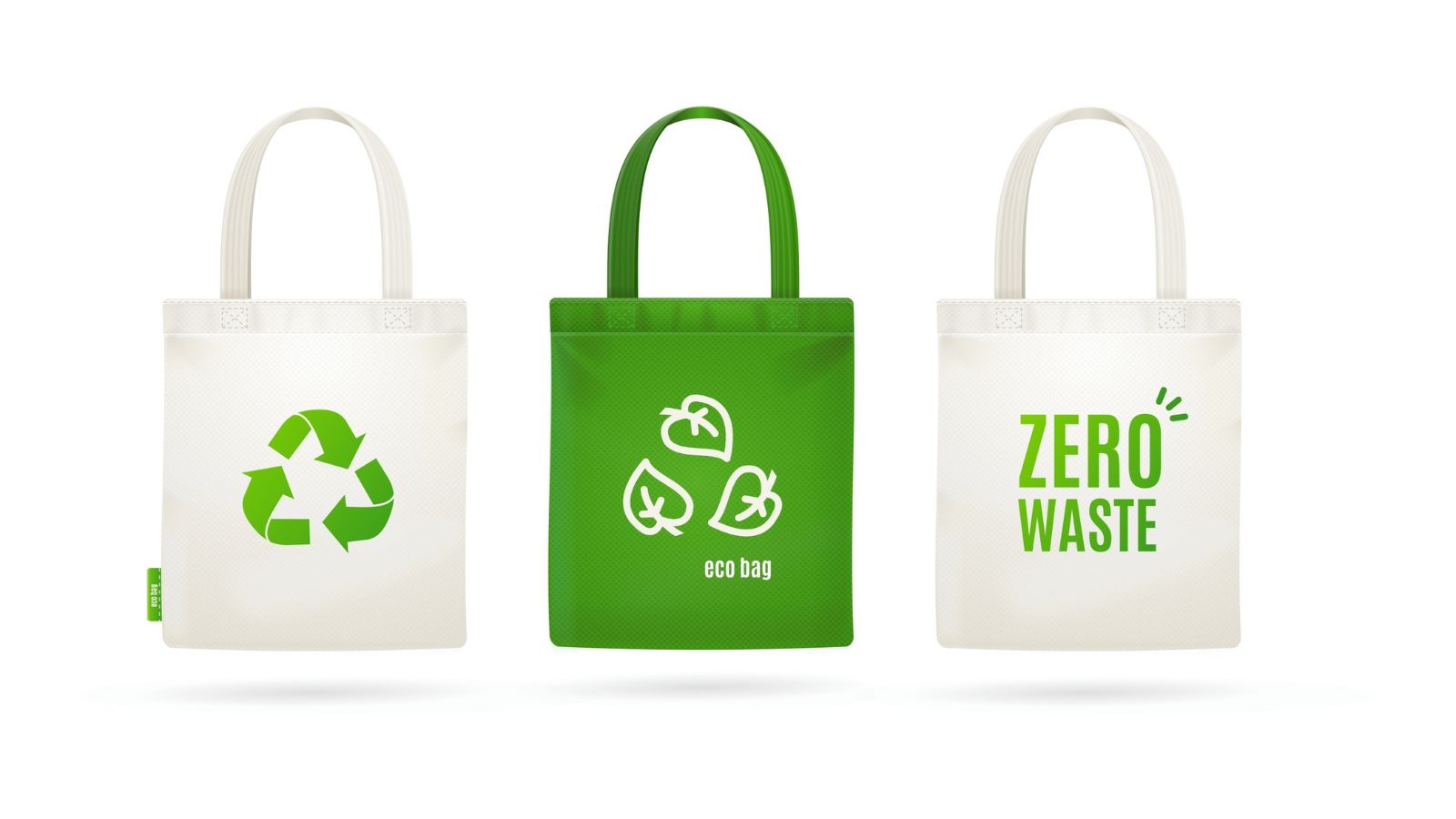
Plastic grocery bags used to be handed out freely with every purchase, but now most Canadian stores charge for them or have eliminated them entirely. Driven by environmental concerns and government regulations, shoppers are expected to bring their own reusable bags or pay a small fee. While the cost per bag is minor, the shift reflects a broader trend of customers absorbing costs once covered by retailers. It’s also a cultural change, as what was once automatic is now a conscious choice, and for many Canadians, forgetting a bag at checkout means paying extra.
Bank Transactions

Not long ago, most bank accounts in Canada offered free everyday transactions, but those days are gone. Now, unless you pay a monthly fee or maintain a minimum balance, charges apply for withdrawals, transfers, or even receiving paper statements. ATMs outside your network come with additional surcharges, adding frustration. Canadians are paying more just to access their own money, and banks are profiting from it. What was once a basic service has quietly become another revenue stream, making free banking feel like a relic of the past.
Parking

Free parking used to be easy to find in downtown cores, shopping centers, and even hospitals, but it’s now a rarity. Cities and institutions have realized they can charge for demand, and rates continue to climb. At airports, lots that were once free now come with steep fees, even for short stays. For Canadians used to running quick errands without worrying about a ticket machine, the change has been costly. Parking, once a small convenience, has turned into a steady expense for anyone living in or visiting urban centers.
Airplane Meals
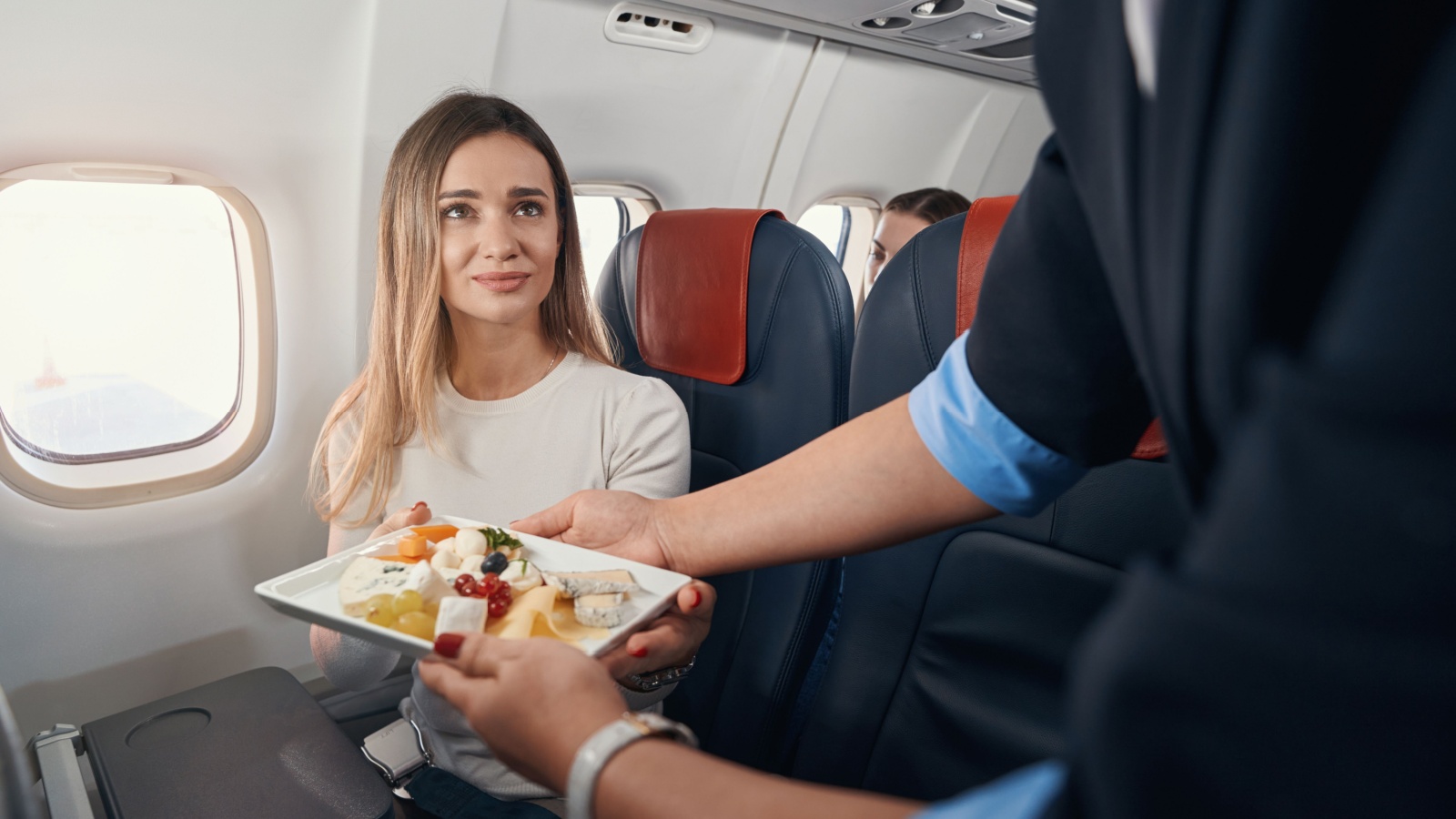
Canadian airlines once offered free meals and snacks on most flights, even short-haul domestic routes. Today, passengers are often expected to pay for everything beyond water, from coffee to sandwiches, and budget carriers in particular have turned food and drinks into another source of profit. For families or frequent travelers, the added costs pile up quickly. The free meal is now reserved for long-haul or premium tickets, leaving most Canadians pulling out their wallets in the sky. What was once a standard perk of flying has become just another airline upcharge.
Highway Tolls
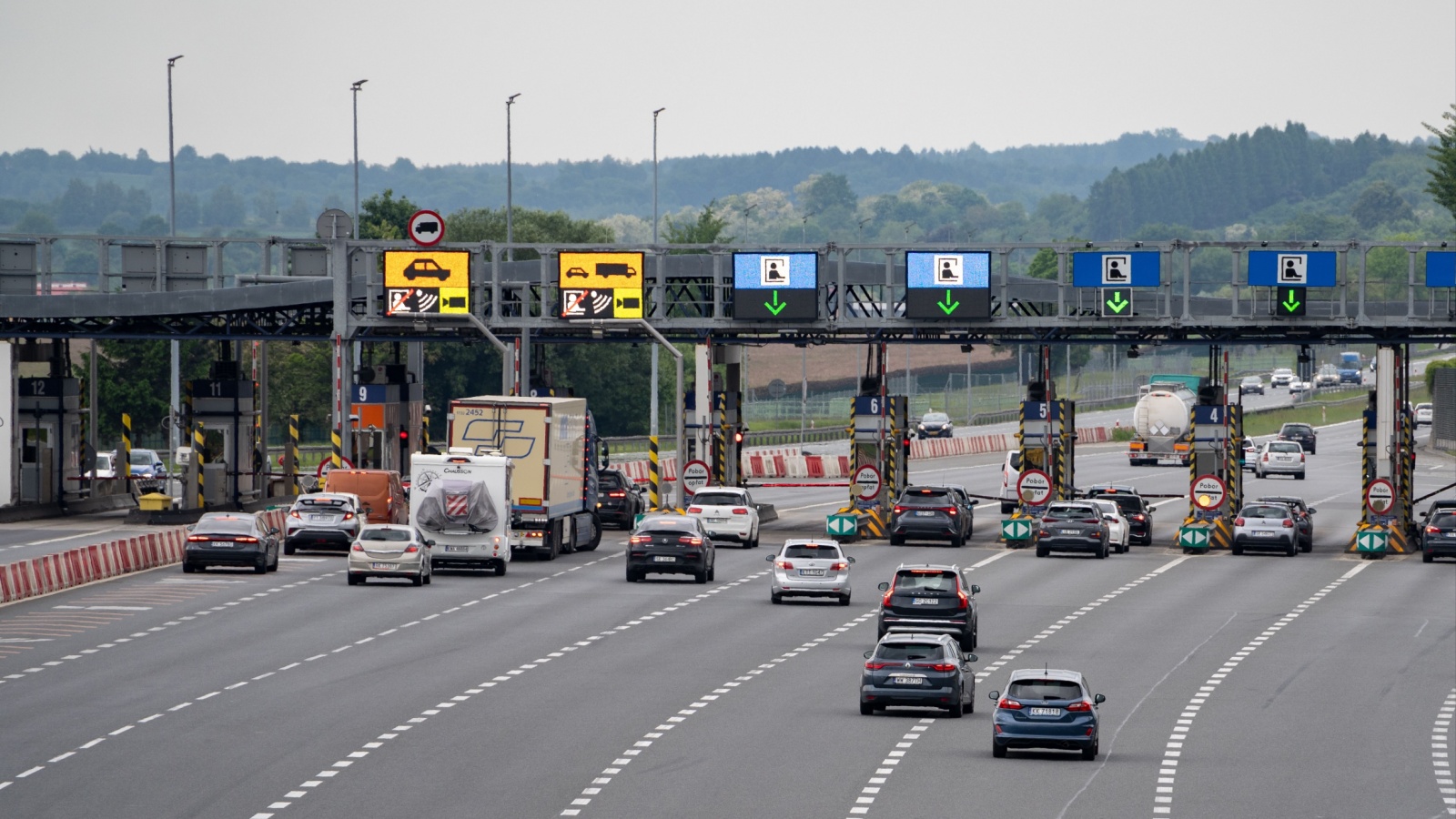
Many Canadian highways were once entirely free to use, but tolls have been introduced in several provinces. The 407 ETR in Ontario is the most famous example, with electronic tolling replacing what was once open driving. Commuters who once paid nothing now face steep monthly bills. While tolls are framed as necessary for maintenance and expansion, they’ve turned free public infrastructure into a pay-to-use service. For drivers who rely on these routes daily, the costs can rival other major household expenses, making free highways feel like a thing of the past.
Public Wi-Fi

Free Wi-Fi used to be a given in coffee shops, airports, and hotels, but now it often comes with conditions or a fee. Many places require a purchase, time limits apply, or faster speeds are locked behind paywalls. Hotels in particular have turned Wi-Fi into a premium add-on, especially in higher-end locations. Canadians who once counted on free connectivity now face yet another charge, especially when traveling, turning a simple courtesy into a monetized service, proving that even the internet is no longer guaranteed for free.
Checked Luggage
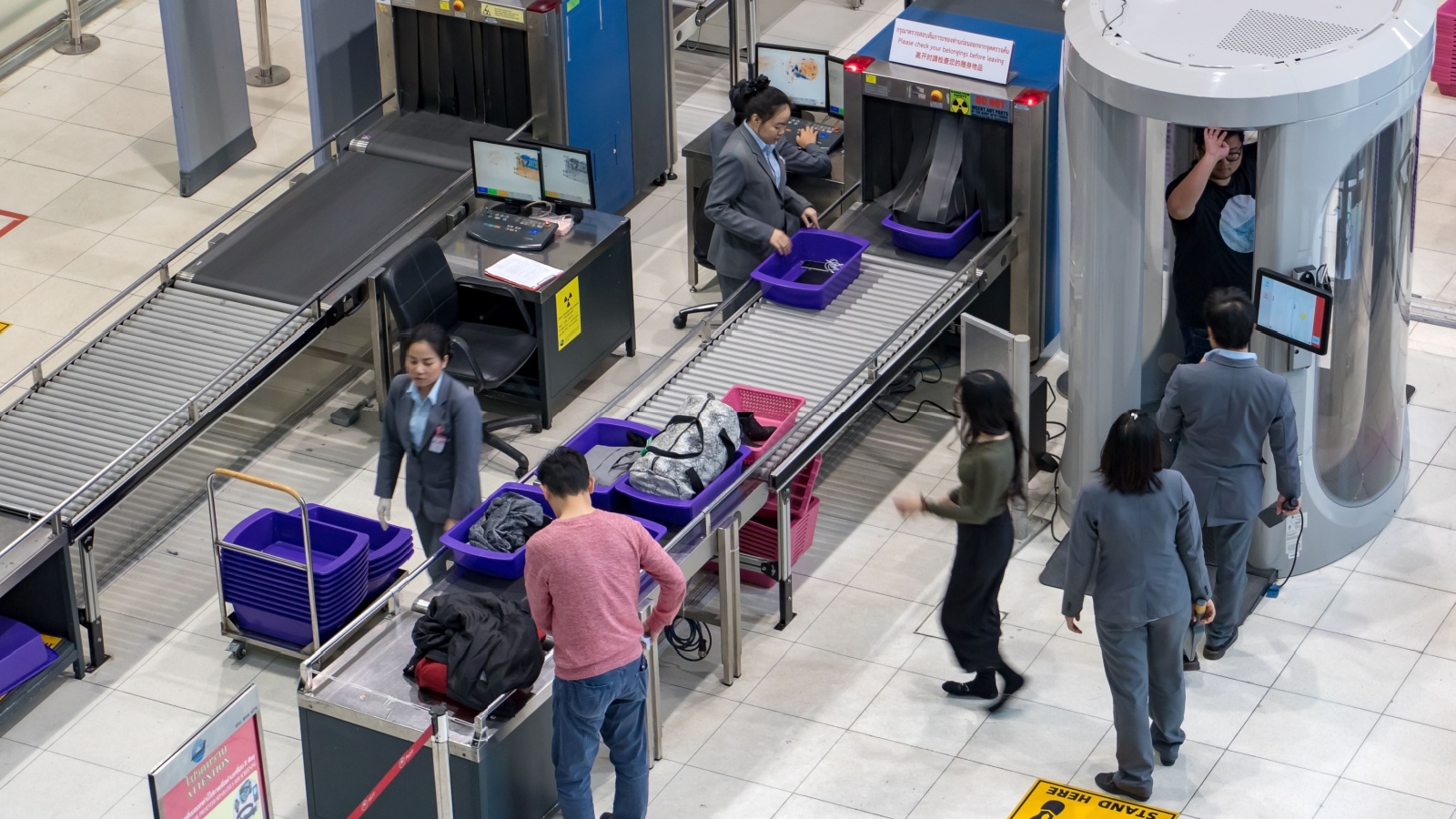
Airlines in Canada once allowed at least one checked bag at no extra cost, but most now charge for every piece. Low-cost carriers turned baggage fees into an industry standard, and even major airlines followed suit. For families, vacationers, or business travelers, the added cost can run into the hundreds on a single trip. The shift has also pushed more people to overstuff carry-ons, creating new hassles at boarding. Checked luggage has become a costly extra that Canadians now reluctantly budget for.
TV Channels

Canadians once enjoyed free access to a wide range of TV channels through over-the-air antennas. Today, most households pay for cable, satellite, or streaming subscriptions to watch the same content. While some free channels remain, the bulk of programming is behind paywalls, and sports and specialty networks have especially driven costs higher. What used to be free local programming, accessible with a simple antenna, has been replaced with monthly bills that keep climbing. Canadians who remember watching hockey on free TV now pay premiums for the same experience.
Water at Restaurants

Once upon a time, ordering water at a restaurant was simple and free. Today, while tap water is often still complimentary, many establishments push bottled or sparkling water at a cost. Some even charge for refills if customers opt for premium versions. For travelers in tourist-heavy areas, being billed for water has become more common, while Canadians who grew up expecting a glass of water on the house now face subtle upcharges. It’s a small change, but one more example of how a free courtesy has been quietly monetized.
Concert Tickets (Service Fees)
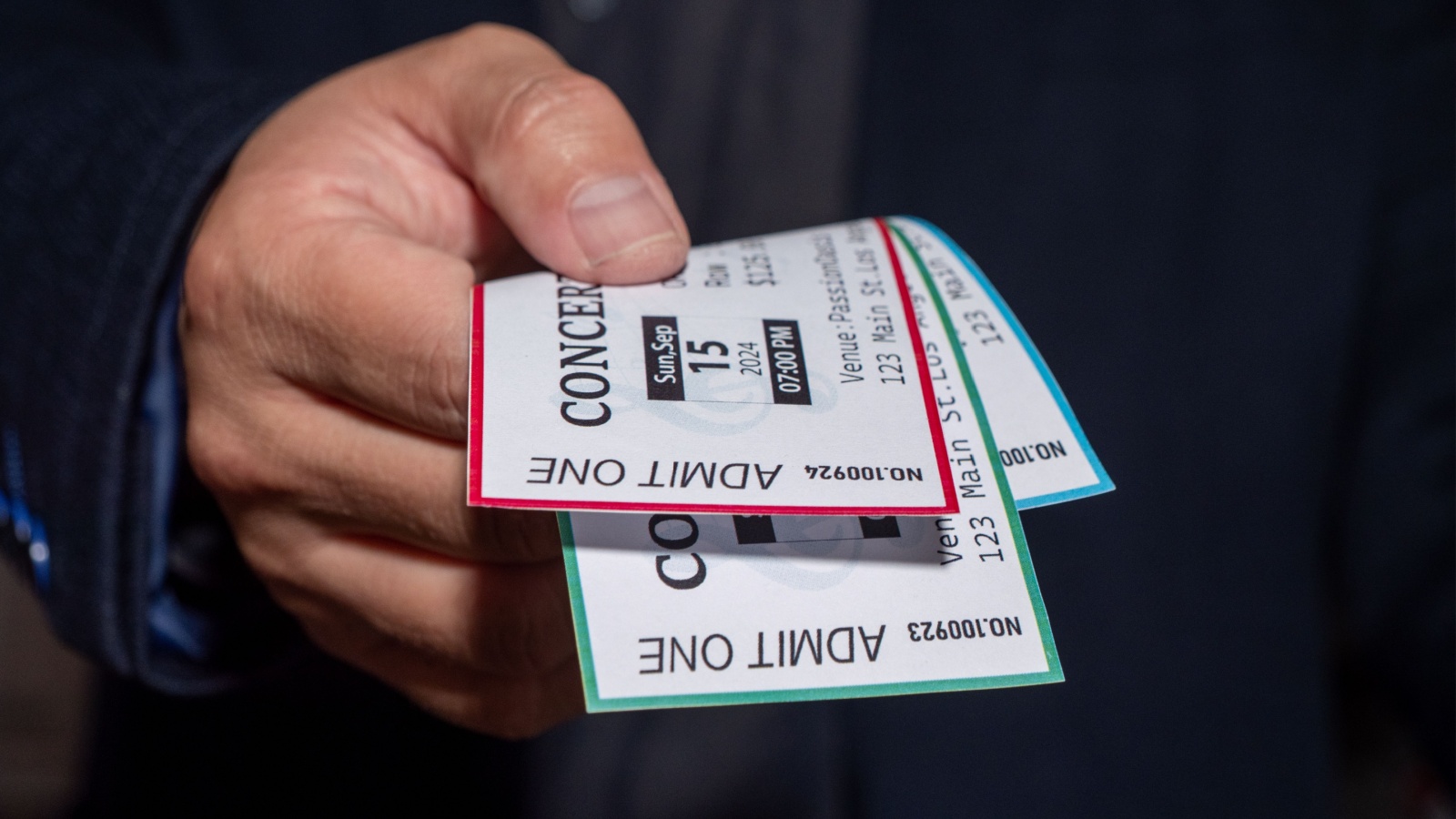
The price of a concert ticket used to be the price you paid. Now, Canadians routinely face hefty service fees, processing charges, and delivery costs tacked onto every purchase. These extras often add 20-30 percent to the total, turning a $100 ticket into $130 or more. While promoters and ticket platforms frame it as covering operational costs, fans know it’s simply another way to extract revenue. What was once a straightforward purchase has become a frustrating game of hidden charges, making free ticketing services a distant memory.
School Supplies

Many Canadian schools once provided basic supplies like pencils, notebooks, and even gym uniforms for free. Over time, parents have shouldered more of these costs, with back-to-school shopping lists growing longer each year. Families now spend hundreds annually on everything from calculators to classroom fees, and even seemingly small costs, like planners or art supplies, add up quickly. For parents, free schooling now comes with plenty of hidden extras that weren’t part of the bill a generation ago.
Hotel Amenities

Hotels once offered extras like parking, breakfast, and even local phone calls for free. Today, many of those perks come with hidden resort fees or add-on charges. Once standard breakfast buffets are now another line on the bill, and parking can cost as much as $50 a night in major cities, and even gyms or pools are sometimes billed as premium amenities. For Canadian travelers, what was once a simple stay has turned into a series of incremental charges.
Credit Card Rewards
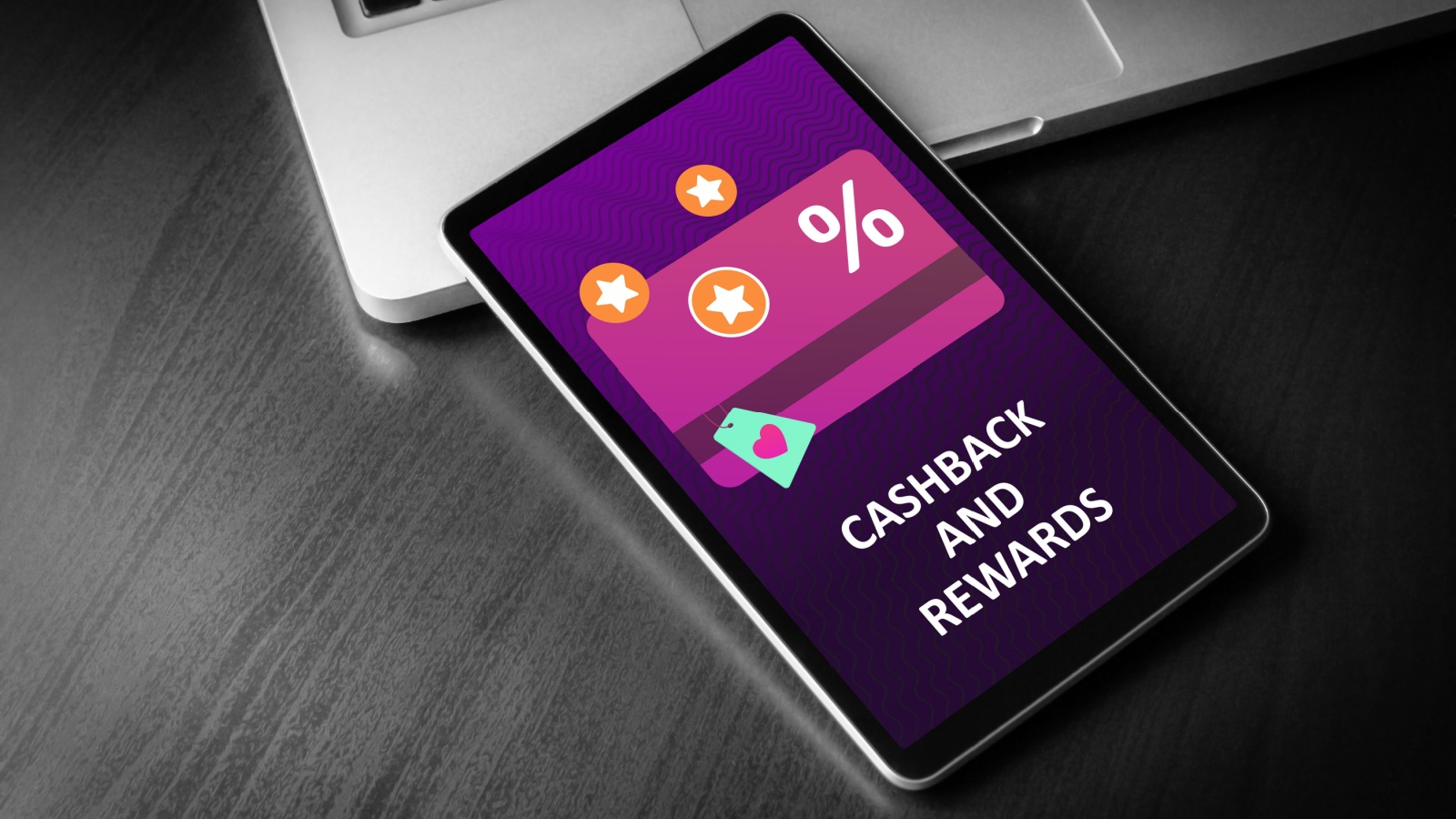
Canadians once enjoyed credit cards with free rewards programs, generous perks, and no annual fees. Today, many cards come with yearly charges or reduced benefits, while free cards often offer minimal rewards. Travel points and cashback incentives now require higher spending thresholds, making it harder to benefit without paying more. Credit card companies have turned rewards into another profit center, pushing customers toward premium, fee-based products, making it a costly trade-off, with Canadians paying just to earn back smaller rewards.
ATMs
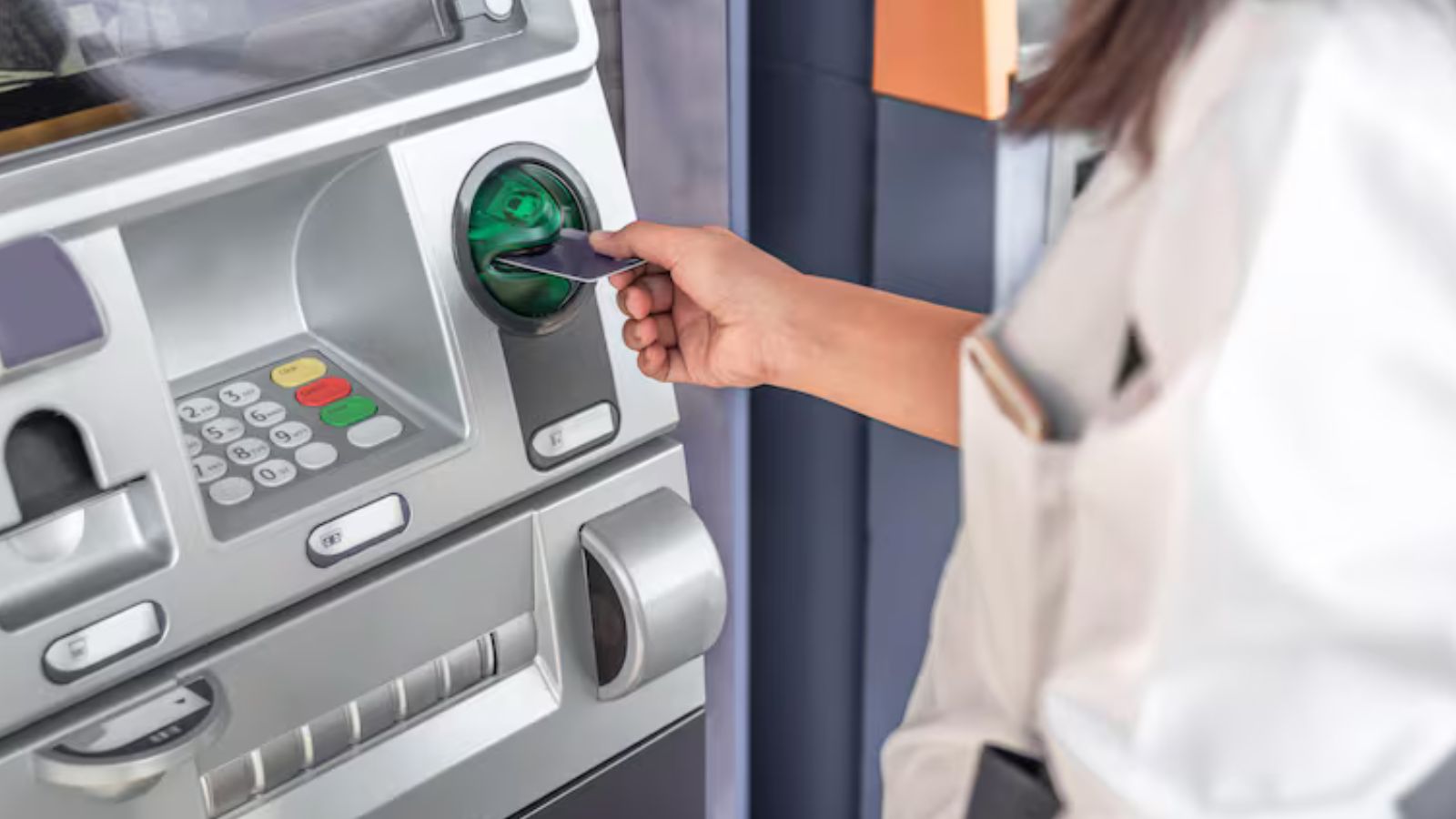
ATM use in Canada used to be free at most major banks, but surcharges are now the norm. Using an out-of-network ATM can easily cost $3 to $5 per transaction. Even some in-network withdrawals come with conditions, like account minimums or package fees. Canadians who rely on cash are paying more than ever just to access their own money. While digital payments are rising, the simple convenience of withdrawing cash has been quietly monetized, turning the entire process into another way banks and operators profit.
Toll-Free Calls

Calling 1-800 numbers was once a free way for Canadians to reach businesses or services. With the rise of cell phones, many carriers now charge airtime or data fees for these calls, erasing the toll-free promise. Even customer service hotlines sometimes direct users to paid options or push online chat instead. Canadians who grew up thinking toll-free meant truly free are often surprised by charges on their bills, marking another subtle shift where what was once a simple, no-cost service has been transformed into a quiet expense.
Roadside Assistance

Years ago, many automakers and insurance providers bundled free roadside assistance into their packages. Today, Canadians often pay separately for memberships or premium coverage. Even services like battery boosts or tows, once offered as goodwill gestures by dealerships, are now billed. Drivers who assume help is free are frequently caught off guard by charges. For many households, this once-standard perk has become a yearly subscription cost. The roadside rescue that used to be included is now another expense tacked onto the already high price of owning a car.
Recycling Pickup
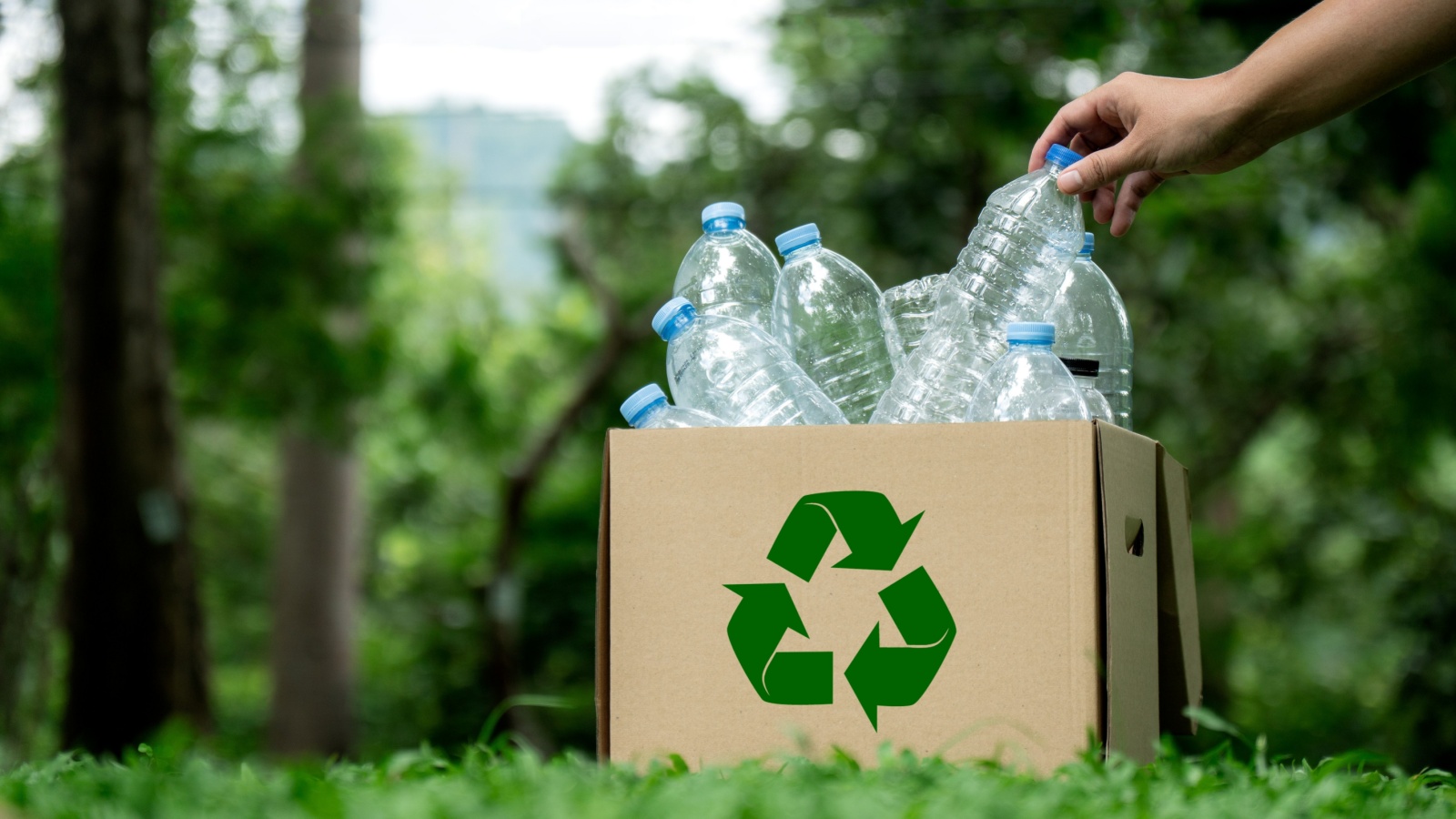
Municipal recycling programs were once entirely free, covered through general taxes. Increasingly, Canadian cities are charging additional fees for pickup or placing limits on what can be collected without extra cost. Some provinces have also added recycling deposits on bottles and cans, shifting more of the expense onto consumers. For households already paying high property taxes, recycling feels like a service that should be included. What began as a public good has now become one more fee tucked into monthly utility or municipal bills.
Museum Admission
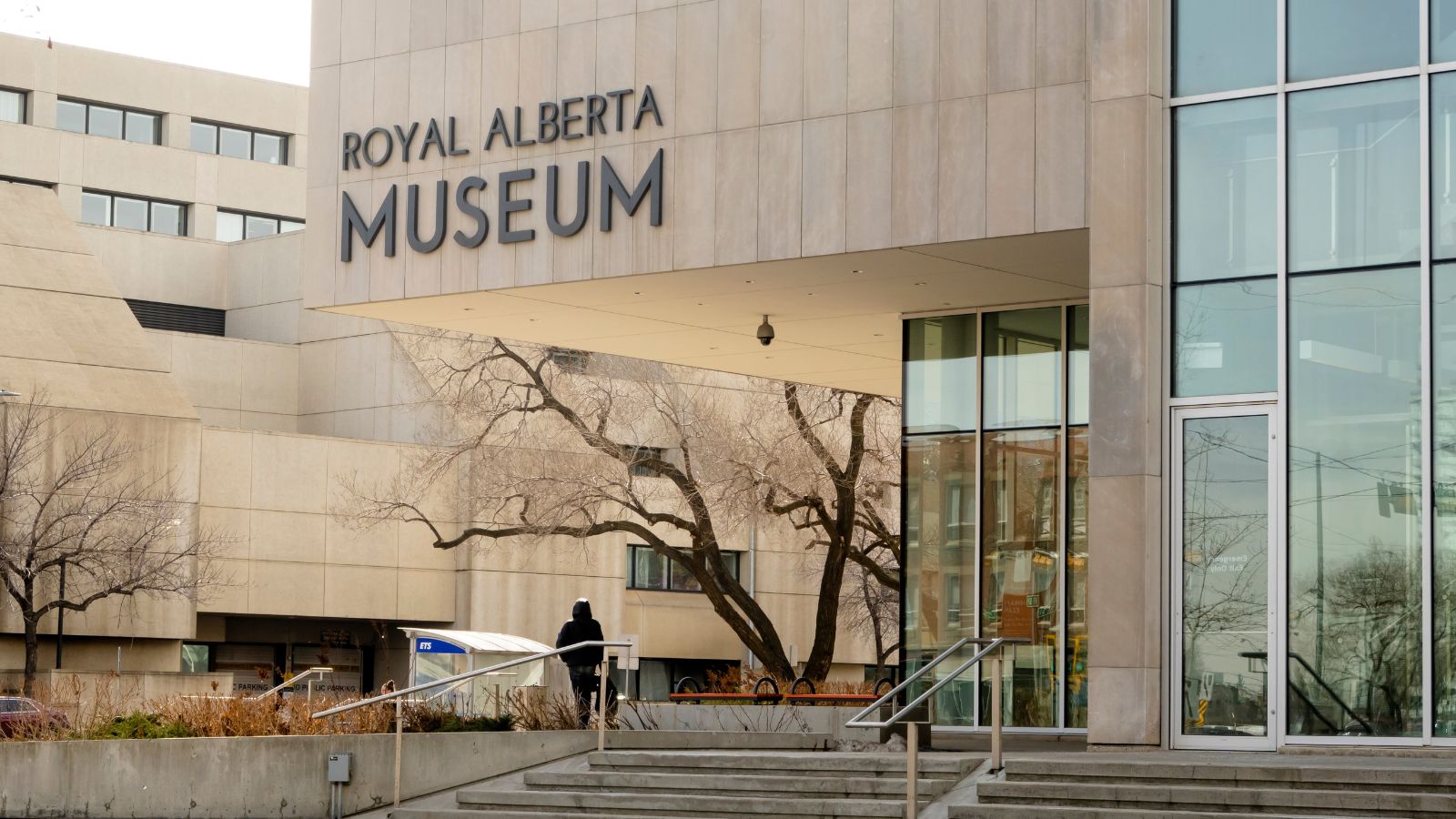
Many Canadian museums once offered free entry, especially for residents or families. Today, most charge admission, with prices climbing steadily, and while some institutions still offer occasional free days, regular access comes with a cost that can add up for families. Even children’s museums and local heritage sites have moved away from free entry. For Canadians who remember spending weekends wandering exhibits without worrying about money, the shift is disappointing. Museums remain cultural treasures, but the free access that once made them widely accessible is now far harder to find.
School Busing

In many parts of Canada, school busing was once free for all students. Today, families in some districts are charged transportation fees, especially if they live outside specific boundaries. Rising costs for fuel and drivers have pushed boards to pass expenses along to parents. While subsidies exist, the fees can still be burdensome for households with multiple children. What was once a guaranteed service of public education has become conditional and costly, and for parents, free school transportation is no longer something they can count on automatically.
Public Washrooms
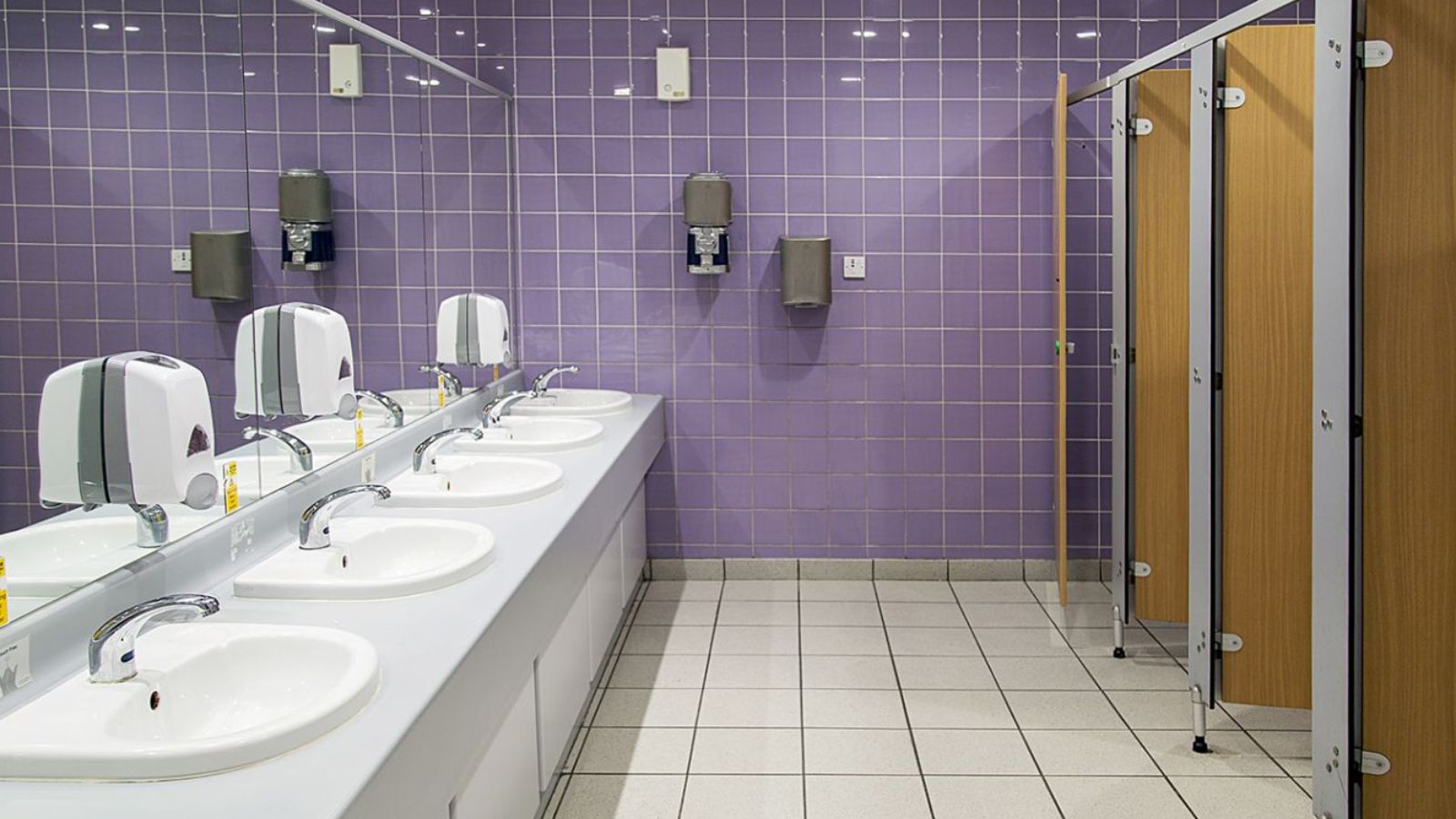
Public washrooms were once free and widely available in parks, malls, and gas stations. Increasingly, access is limited to paying customers, or facilities charge small fees for entry. Travelers and city residents alike have noticed fewer free options, creating inconvenience and extra expense. Even highway rest stops sometimes lock the washrooms unless purchases are made. For Canadians used to the convenience of free facilities, this shift has been frustrating. Something as basic as using the bathroom, which was once considered a public service, has become yet another small cost of daily life.
Library Fines (Now Replaced with Fees)

Many Canadian libraries once had no late fines or fees for basic borrowing. Today, overdue fines are common, and some libraries have expanded charges for printing, digital rentals, or special programs. While some systems are moving back toward fee-free models, the reality is that many still depend on revenue fees. For families who once relied on libraries as entirely free spaces, the creeping costs are noticeable, and even if small, these charges change the experience.
Ski Hill Parking

Ski resorts across Canada once offered free parking, even at busy hills. Today, many charge daily or seasonal fees, adding significant costs for families already paying high lift ticket prices. Some resorts even reserve the best spots for premium pay-to-park access. Skiing has always been pricey, but these new charges feel like nickel-and-diming to many Canadians, as what was once a small but welcome free service is now another expense, making the sport even less accessible.
Over-the-Air Radio Perks

Listening to the radio in Canada has always been free, but perks like contests, events, and giveaways were once abundant. Today, many stations have cut back or tied promotions to sponsorships and paid memberships. Streaming services have also shifted expectations, with free versions loaded with ads and premium tiers requiring monthly fees. For Canadians who remember free concert tickets or community events through local radio, the decline is clear. The music is still free, but the extras that once made radio special have been monetized or scaled back.
Toll Bridges

Bridges in several Canadian cities were once free to cross after construction costs were paid off. In many places, tolls remain or have been reintroduced, creating permanent charges for daily commuters. Provinces and municipalities frame it as necessary revenue for infrastructure, but drivers see it as double dipping when taxes already cover road maintenance. For Canadians who remember tolls being removed as a public milestone, the return of fees feels like a step backwards, as free access has quietly become another daily expense.
College Applications

Applying to colleges and universities in Canada was once free or charged a small administrative fee. Today, students routinely pay $100 or more per application, with extra costs for transcripts or processing. For those applying to multiple schools, the expense adds up quickly, creating financial stress before classes even begin, and what was once seen as a simple step in education is now a costly barrier. For families trying to support students, the shift from free applications to paid ones is yet another reminder of how costs creep in everywhere.
21 Products Canadians Should Stockpile Before Tariffs Hit

If trade tensions escalate between Canada and the U.S., everyday essentials can suddenly disappear or skyrocket in price. Products like pantry basics and tech must-haves that depend on are deeply tied to cross-border supply chains and are likely to face various kinds of disruptions
21 Products Canadians Should Stockpile Before Tariffs Hit
